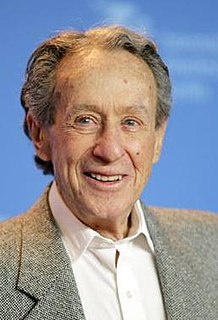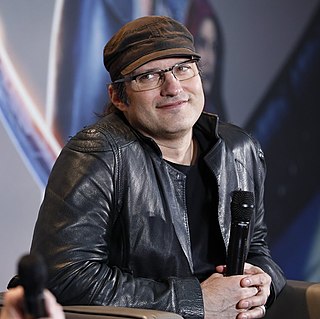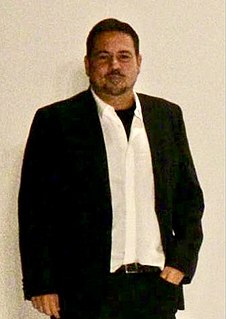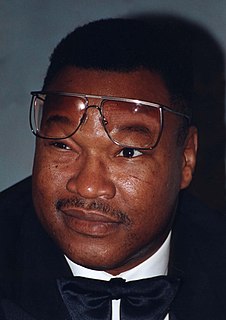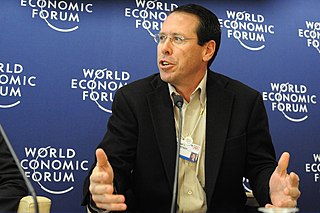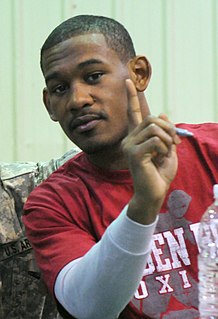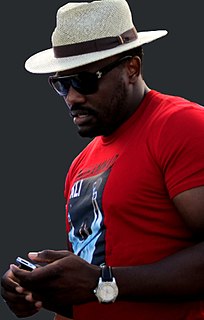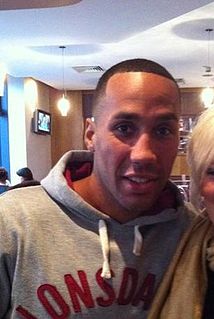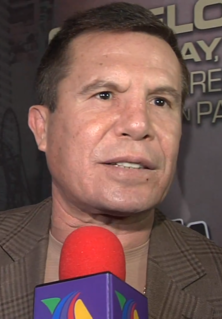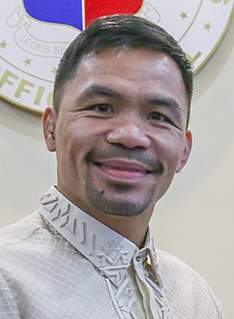A Quote by Jermall Charlo
Derevyanchenko is a come forward fighter. He's going to bring a lot of power and speed with good technical skills. He calls himself 'The Technician' but we'll see how technical he is once I start putting my jab in his face.
Related Quotes
Speed is the form of ecstasy the technical revolution has bestowed on man. As opposed to a motorcyclist, the runner is always present in his body, forever required to think about his blisters, his exhaustion; when he runs he feels his weight, his age, more conscious than ever of himself and of his time of life. This all changes when man delegates the faculty of speed to a machine: from then on, his own body is outside the process, and he gives over to a speed that is noncorporeal, nonmaterial, pure speed, speed itself, ecstasy speed.
Directing is the best job going. I don't understand why everybody doesn't want to direct. It's an absolutely fascinating combination of skills required and puzzles set on every level - emotional and practical and technical. It calls up on such a wide variety of skills. I find it completely absorbing. I just love the whole process.
[Corporate programming] is often done to the point where the individual is completely submerged in corporate "culture" with no outlet for unique talents and skills. Corporate practices can be directly hostile to individuals with exceptional skills and initiative in technical matters. I consider such management of technical people cruel and wasteful.
The thing about Parsons compared to the other schools is that it really teaches you how to be a designer, whereas some of the other schools teach you to sketch or teach you the technical skills. But the curriculum at Parsons when I was there was how do you put a collection together, as well as all the technical stuff. It's the best training.
Fighters DON'T know how to jab. You take Roy Jones, for instance. He paws his jab. He throws it out, it don't land. And then he'll hit you with a left hook, hit you with a right hand. But he doesn't really know the jab. A guy needs to learn the jab, know the jab, and use the jab. And these guys don't do it today.

